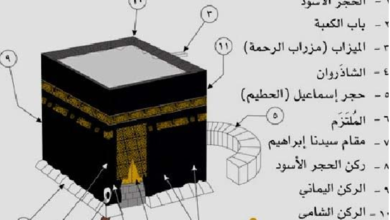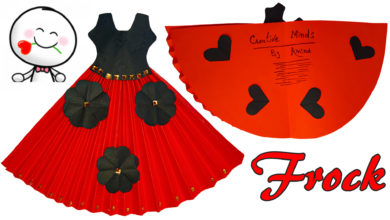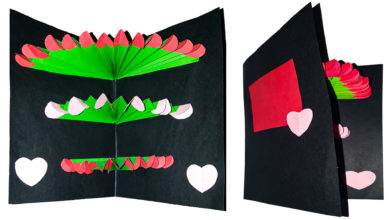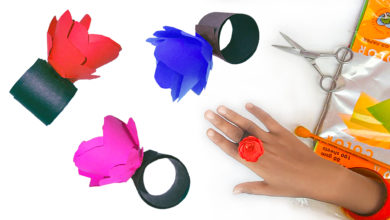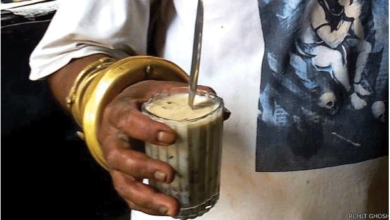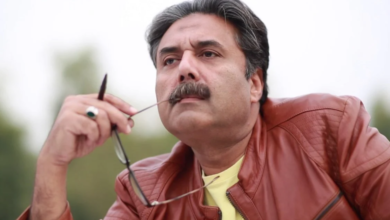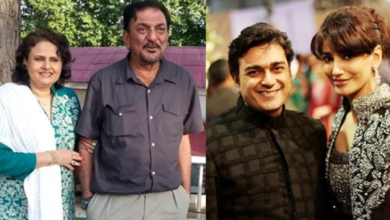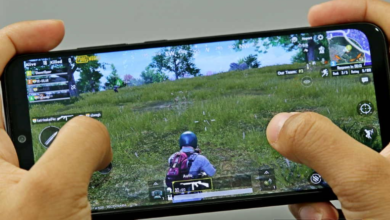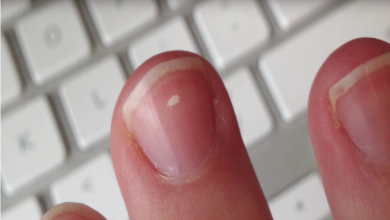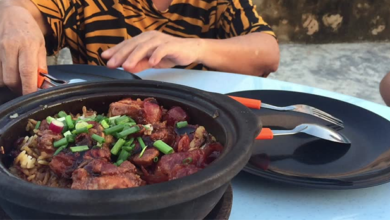کیا آپ جانتے ہیں کہ مصری باشندے اپنے مُردوں کو قبرستان میں کیوں نہیں دفناتے تھے؟
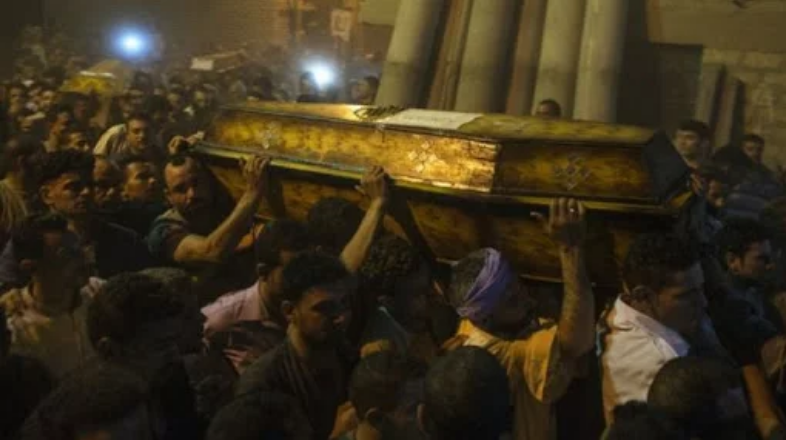
آپ کو یہ جان کر حیرت ہوگی کہ مصر کے لوگ نماز جنازہ کے بعد مردے کو اپنے گھر کے ہی ایک مخصوص کمرے میں رکھ آتے تھے اور کمرے کو سِل سے بند کر دیتے تھے۔ اپنے گھروں میں مُردوں کیے لیے بنایا جانے والا یہ کمرہ زیر زمین موجود ہوتا تھا۔
مصر کے بعض گھرانے آج بھی مُردوں کو اسی طرح دفن کرتے ہیں۔ ان کی تعزیت کا طریقہ کار بھی مختلف ہے، یہ لوگ تدفین کرنے کے بعد رات میں دروازے کے باہر ٹینٹ لگا دیتے ہیں، ٹینٹ کو قمقموں سے روشن کرتے ہیں، اور اپنے تمام دوست احباب ، رشتہ داروں کو اطلاع کرتے ہیں، گھر کے مرد اور خواتین سوٹ پہن کر ٹائی لگا کر دروازے پر کھڑے ہو جاتے ہیں، لوگ بھی صاف ستھرے کپڑے پہن کر آتے ہیں، لواحقین سے ملاقات کرتے ہیں اور ٹینٹ کے اندر کرسیوں پر براجمان ہو جاتے ہیں۔
مصر میں لوگ تعزیت کے لیے قالین یا دریاں نہیں بچھاتے بلکہ یہ لوگ کرسیوں پر بیٹھتے ہیں اور انہیں قہوہ پیش کیا جاتا ہے۔ مولوی صاحب کی وہاں آمد ہوتی ہے اور وہ لاؤڈ اسپیکر پر قرآن پاک کی تلاوت کا آغاز کر دیتے ہیں، تلاوت مکمل ہوتے ہی تعزیت کا وقت بھی اختتام پزیر ہو جاتا ہے اور لوگ واپس اپنے اپنے گھروں کو روانہ ہو جاتے ہیں۔
یہ لوگ تعزیت کے دوران کھانا دیتے ہیں اور نہ ہی اس تقریب کے بعد تعزیت کی اجازت ہوتی ہے۔ مصر میں شہروں اور دیہات میں تعزیتی محفلوں کے لیے ہال بھی بن چکے ہیں، یہ ہال “مناسبات” کہلاتے ہیں اور یہ میرج ہال کی طرح کام کرتے ہیں۔ لیکن جو لوگ ہال کا خرچ نہیں اٹھا نہیں سکتے وہ گلی میں ٹینٹ لگا کر تعزیت کا مرحلہ مکمل کر لیتے ہیں۔
واضح رہے کہ مندرجہ بالا تمام معلومات سینئرصحافی اور کالم نگار جاوید چوہدری کے کالم “مصری کیسے لوگ ہیں” سے حاصل کی گئی ہے۔
Automatic Translated By Google
Do you know why the Egyptians did not bury their dead in the graveyard?
You would be surprised to know that the Egyptians used to place the deceased in a certain room in their own house after the funeral prayer, and closed the room with ease. This room, built for men in their homes, used to be underground.
Some Egyptian families still bury the dead today. Their manner of condolences is also different; they lay tents outside the door at night after the burial, illuminate the tent with dignity, and inform all their friends, relatives, the men of the house. And women wear suits, tie up and stand at the door, people also come in clean clothes, meet relatives and sit in chairs inside tents.
In Egypt, people do not lay rugs or rivers for condolences, but they sit on chairs and are offered coffee. Maulvi Sahib arrives there and he starts reciting the Koran on the loudspeaker, as soon as the recitation is over, the time for condolence ends and the people return to their homes.
These people do not give food during condolences, nor are they allowed after the ceremony. In Egypt cities and villages have also become halls for congregations, these halls are called “fittings” and they function as marriages. But those who cannot afford the hall complete the stage of condolence by planting tents in the street.
It should be noted that all the above information was obtained from senior columnist and columnist Javed Chaudhry’s column “How Egyptians Are People”.






